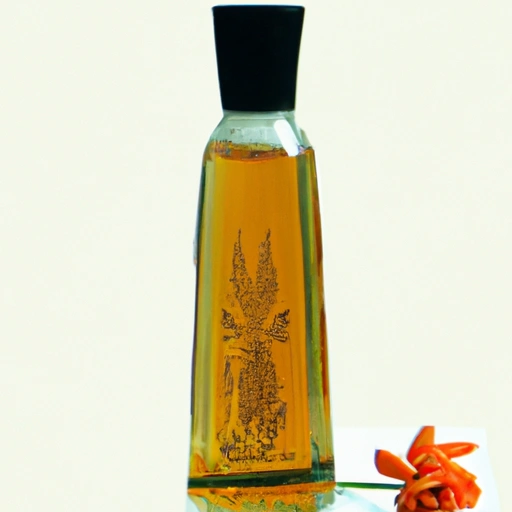Orange Flower Water
Description

Orange flower water, also known as orange blossom water, is a fragrant distillation of fresh bitter-orange blossoms. This aromatic water is a clear, subtly sweet, and floral liquid commonly used in both culinary and cosmetic applications. It lends a light and fresh citrus scent without the acidity or bitterness of orange juice or zest. Orange flower water is an essential ingredient in various cuisines around the world, particularly in Middle Eastern, Mediterranean, and French cooking. It's incorporated into a wide range of dishes, from sweets to savory meals, and is also popular for flavoring beverages and cocktails.
Common uses
Orange flower water is commonly used as a flavoring agent in baked goods, desserts, confections, and beverages. Its floral notes are particularly suited for pastries, such as madeleines, éclairs, and various cakes. It is also a key ingredient in traditional Middle Eastern sweets like baklava and ma'amoul. Beyond desserts, it adds a unique twist to salad dressings, marinades, and certain meat dishes. In beverages, it is used to impart a subtle citrus aroma to cocktails, teas, and non-alcoholic refreshments.
Nutritional value
Calories
Orange flower water is very low in calories, making it an excellent choice for adding flavor without significant caloric impact.
Protein
This aromatic water contains negligible amounts of protein.
Fat
There is no fat present in orange flower water.
Carbohydrates
It contains a minimal amount of carbohydrates, primarily in the form of natural sugars from the orange blossoms.
Vitamins
While orange flower water is not a significant source of vitamins, it may contain trace amounts of vitamin C and other antioxidants found in orange blossoms.
Minerals
Mineral content in orange flower water is minimal, but it may have traces of minerals naturally present in the source water and orange blossoms.
Health benefits
Though consumed in small quantities, orange flower water is believed to have several health benefits. It is thought to have a calming effect on the nervous system and may help to reduce anxiety and promote relaxation. The antioxidants present can contribute to overall health by combating oxidative stress. Additionally, its antiseptic properties make it a traditional remedy for soothing skin irritations when used topically.
Potential risks
As with any food product, there is a potential for allergic reactions, particularly for individuals sensitive to citrus or floral extracts. It is important to use orange flower water in moderation, as excessive ingestion can lead to digestive upset. When purchasing orange flower water, consumers should look for high-quality products free from artificial additives to avoid any potential health risks associated with these substances.
Common recipes
Some common recipes featuring orange flower water include French madeleines, Middle Eastern baklava, Moroccan tagines, and various syrups for desserts. It is also used to flavor traditional drinks such as the Ramos Gin Fizz and the non-alcoholic Lebanese beverage called 'white coffee,' which is a soothing mixture of orange flower water and hot water.
Cooking methods
Orange flower water is typically used as a flavor enhancer and is added to recipes at the end of the cooking process to preserve its delicate aroma. It can also be included in doughs and batters before baking to infuse them with flavor.
Pairing with other ingredients
Orange flower water pairs well with almond, vanilla, cream, and various fruits such as strawberries, raspberries, and, of course, oranges. It also complements spices like cinnamon, cardamom, and nutmeg.
Summary
Orange flower water is a fragrant and versatile ingredient that has been cherished for centuries in various cultures for its delicate floral notes and culinary applications. While it is not a significant source of nutrients, it can enhance the flavor profile of a wide range of dishes and beverages with just a small amount. Its use in cooking is both a nod to the traditions of the past and a contemporary way to add an exotic and sophisticated twist to modern cuisine.